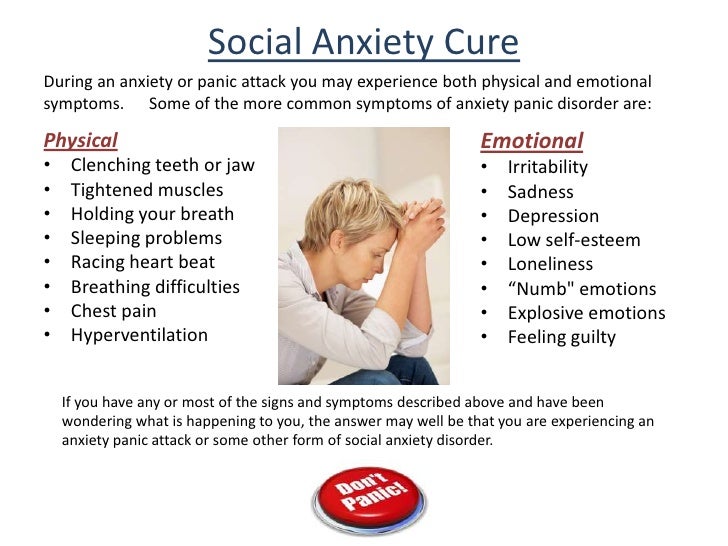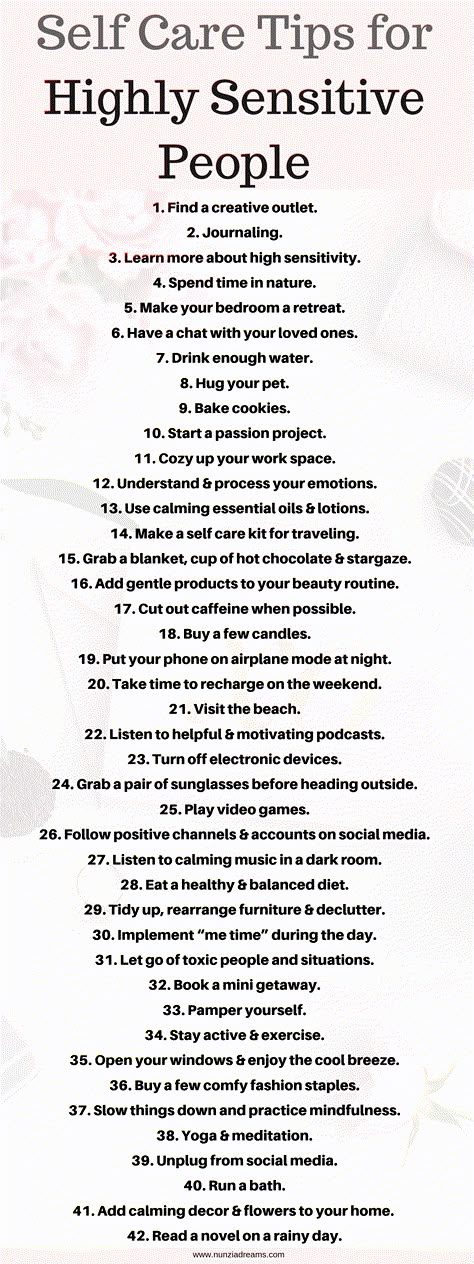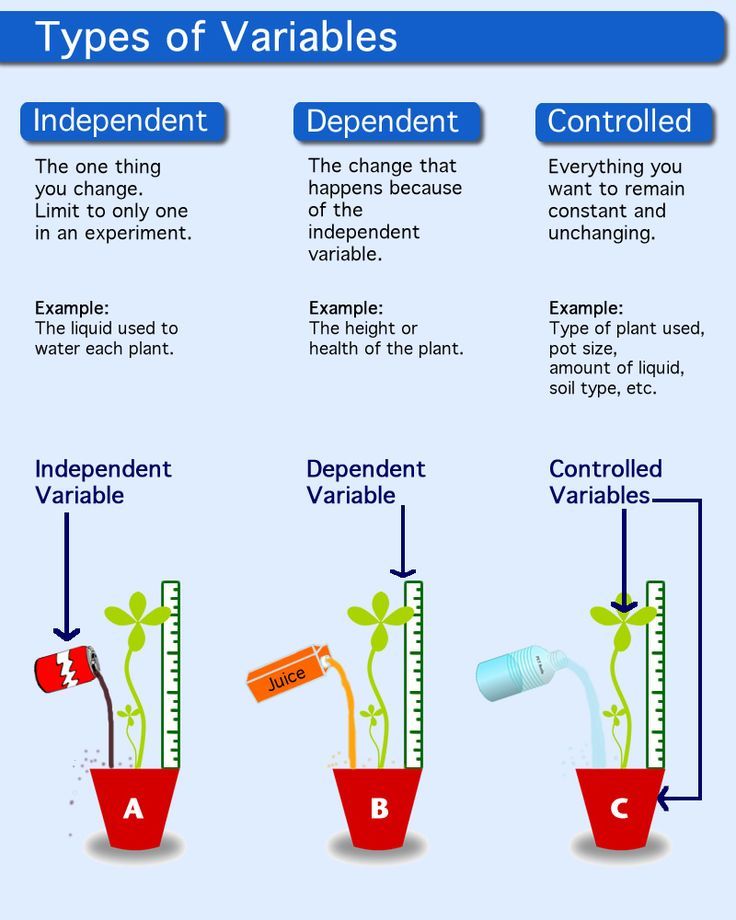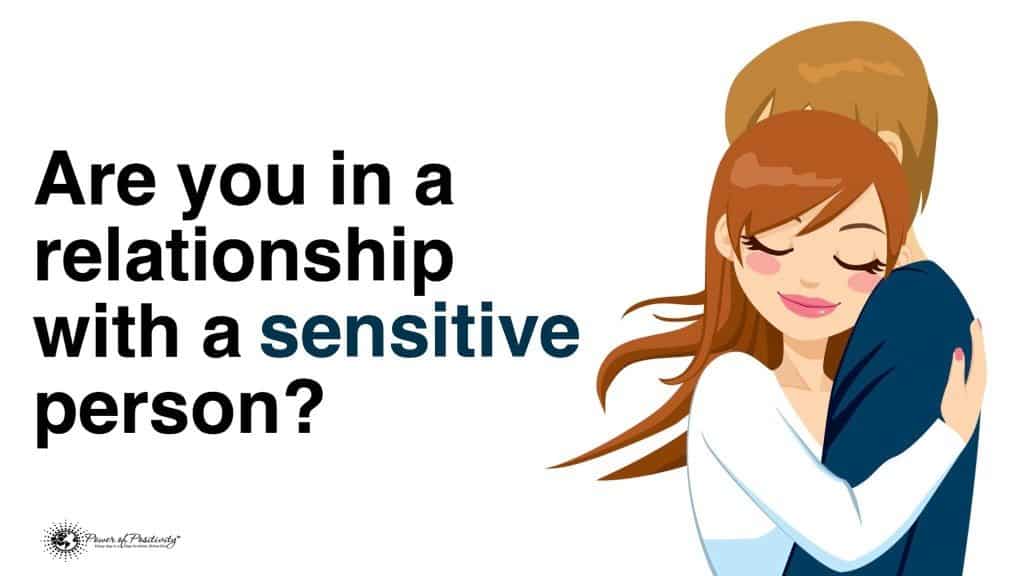How to cope with difficult times
Surviving Tough Times by Building Resilience
stress
Whether you’re facing a global or personal crisis—or a mix of both—building resilience can help you cope with stress, overcome adversity, and enjoy the better days to come.
Experiencing hardship and adversity
Lately, the world seems to be lurching from one crisis to another. We’ve experienced a global pandemic, dramatic changes to how we conduct our daily lives, economic uncertainty, and political and social turmoil, as well as an array of natural disasters. Then there are personal traumas that people are also dealing with, such as the loss of a loved one, declining health, unemployment, divorce, violent crime, or tragic accidents. For many us, this is a time of unprecedented struggle and upheaval.
Whether the source of disruption in your life is a global emergency or a personal tragedy—or both—living through difficult times can take a heavy toll on your mood, health, and outlook. It can leave you feeling helpless and overwhelmed by stress and anxiety. You may be painfully grieving all that you’ve lost, flooded by a slew of difficult, conflicting emotions, or uncertain about how to move on with your life. You may even feel that your life is totally out of control and you’re powerless to affect whatever may happen next.
While there’s no way to avoid sorrow, adversity, or distress in life, there are ways to help smooth the rough waters and regain a sense of control. Resilience is the ability to cope with the loss, change, and trauma that have been inevitable parts of life even before these extraordinary times. Building resilience can help you better adapt to life-changing events, cope with turbulent times, and bounce back from hardship and tragedy.
With over 25,000 licensed counselors, BetterHelp has a therapist that fits your needs. It's easy, affordable, and convenient.
GET 20% OFF
Online-Therapy.com is a complete toolbox of support, when you need it, on your schedule. It only takes a few minutes to sign up.
GET 20% OFF
Teen Counseling is an online therapy service for teens and young adults. Connect with your counselor by video, phone, or chat.
GET 20% OFF
The role of resilience in times of crisis
Why do some people seem to be better able to cope in these troubling times than others? While everyone’s situation is different, it is true that people with resilience tend to have a higher tolerance for the emotional distress generated by hard times. The more resilient you are, the better you’re able to tolerate the feelings of stress, anxiety, and sadness that accompany trauma and adversity—and find a way to rebound from setbacks.
[Read: How to Cope with Traumatic Events]
We all go through bad times, we all experience disappointment, loss, and change, and we all feel sad, anxious, and stressed at various times in our lives. But building resilience can help you to maintain a positive outlook, face an uncertain future with less fear, and get through even the darkest days.
Building resilience
If you’re more sensitive to emotional distress and are finding it difficult to cope with hardship or adversity, it’s important not to think of it as some kind of character flaw. Resilience isn’t a macho quality and it isn’t fixed; it’s an ongoing process that requires effort to build and maintain over time.
Unless you’ve faced adversity in your life before, it’s unlikely you’ve had the need or opportunity to develop resilience. Drawing on past experiences can help you cope with the challenges you’re facing today. Even if you’ve struggled to cope with adversity in the past, you may at least be able to recognize some of the ways of coping that DON’T help, such as trying to numb your feelings with drugs or alcohol.
While it’s often difficult to imagine anything good coming out of traumatic experiences, building resilience can help you find any positives in the difficulties you’ve faced. Surviving hardships can teach you important things about yourself and the world around you, strengthen your resolve, deepen your empathy, and in time enable you to evolve and grow as a human being.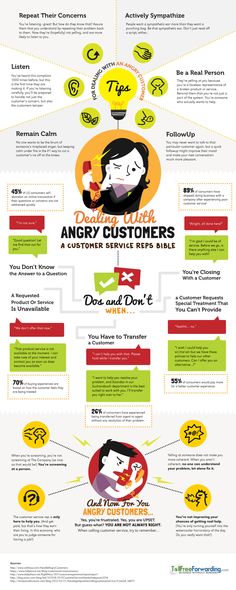
Building resilience can also help you to:
- Stay focused, flexible, and productive, in both good and bad times.
- Feel less afraid of new experiences or an uncertain future.
- Manage and tolerate strong emotions outside your comfort zone, even those you’d rather avoid like anger or despair.
- Strengthen your relationships and improve your communication skills, especially under pressure.
- Bolster your self-esteem.
- Be confident you’ll eventually find a solution to a problem, even when one isn’t immediately apparent.
You can develop and improve these qualities of resilience at any time, regardless of your age, background, or circumstances. The following tips can help you face hardships with more confidence, better cope with these tumultuous times, and make it through to the brighter, more hopeful days ahead.
Building resilience tip 1: Practice acceptance
While we all react to stressful events in different ways, many of us try to protect ourselves by refusing to accept the truth of what’s happening.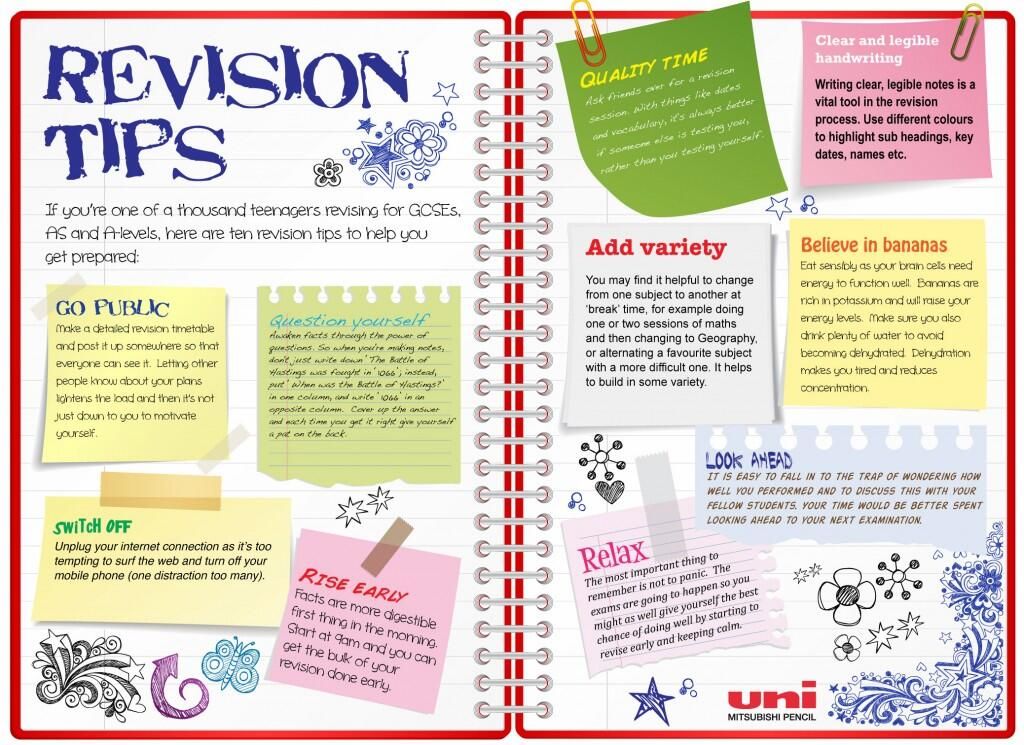 After all, by denying that you’re even experiencing a crisis, you can kid yourself that you still have some sense of control over what are usually uncontrollable events.
After all, by denying that you’re even experiencing a crisis, you can kid yourself that you still have some sense of control over what are usually uncontrollable events.
While denial can have some positive functions—it can give you an opportunity to come to terms with the shock of a traumatic event, for example—over time, it will just prolong your pain. Staying in denial will prevent you from adapting to your new circumstances, stop you from seeking solutions or taking action, and stifle the healing process.
Accept the situation
Change is an inevitable part of life and many aspects of the changing world are outside your individual control. You can’t control the spread of a virus, for example, the pace of social change, or how the economy behaves. While it can be tough to acknowledge, railing against events or circumstances outside your control will only drain you of energy and leave you feeling anxious and hopeless. Accepting your situation, on the other hand, can free you up to devote your energy to the things that you do have control over.
Focus on things within your control. Make a list of all the things you can’t control and give yourself permission to stop worrying about them. Instead, focus on the action that you can take. If you’re unemployed, you can’t control whether the ideal job appears in the wants ads or whether an employer will grant you an interview. But you can control how much time and effort you put into searching for work or brushing up on your skills. Similarly, if a loved one is facing a life-threatening illness, you may have to relinquish control to the medical experts, but you can still focus on providing your loved one with as much emotional support as possible.
Accept change by looking to your past. Looking back at examples where you’ve coped with uncertainty and change before can help you accept your current situation. Perhaps you suffered a painful breakup in the past and were eventually able to move on with your life, or you lost a job and ended up finding a better one? Examining your past successes can also help you see past the current crisis and derive some confidence that you’ll be able to pull through again.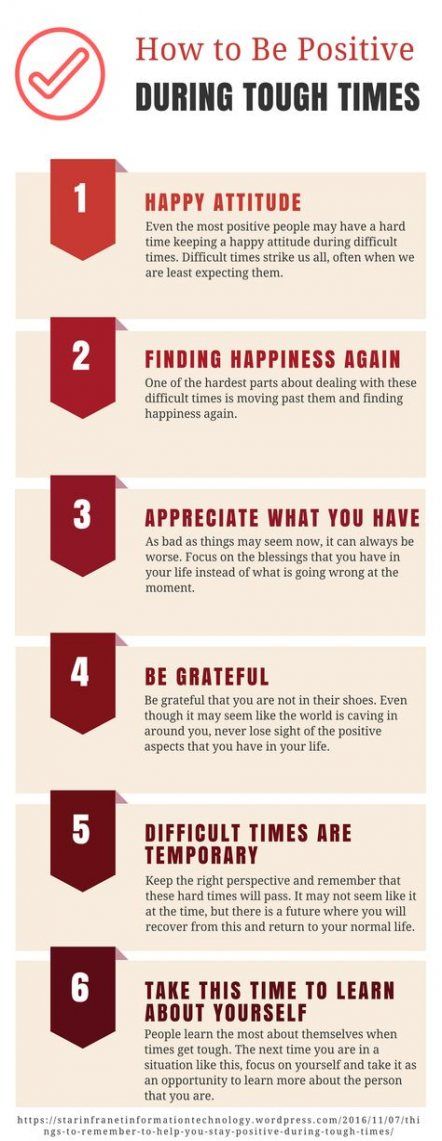
Accept your feelings
It’s tempting to believe that the best way to get through hard times is by ignoring painful emotions and “putting on a brave face”. But unpleasant emotions exist whether you choose to acknowledge them or not. Trying to prevent your emotions from surfacing will only fuel your stress, delay acceptance of your new situation, and prevent you from moving on.
By allowing yourself to feel your emotions, you’ll find that even the most intense, upsetting feelings will pass, the trauma of these tough times will start to fade, and you’ll be able to find a path forward. Talk to someone you trust about what you’re experiencing or use HelpGuide’s Emotional Intelligence Toolkit to reconnect with your emotions.
Grieve your losses
Undergoing tough times usually involves some kind of loss. Whether it’s the loss of a loved one, the loss of a job, or the loss of your old life, it’s important you allow yourself the opportunity to grieve. Only by facing your grief—acknowledging and mourning your losses—will you be able to heal and eventually move on with your life.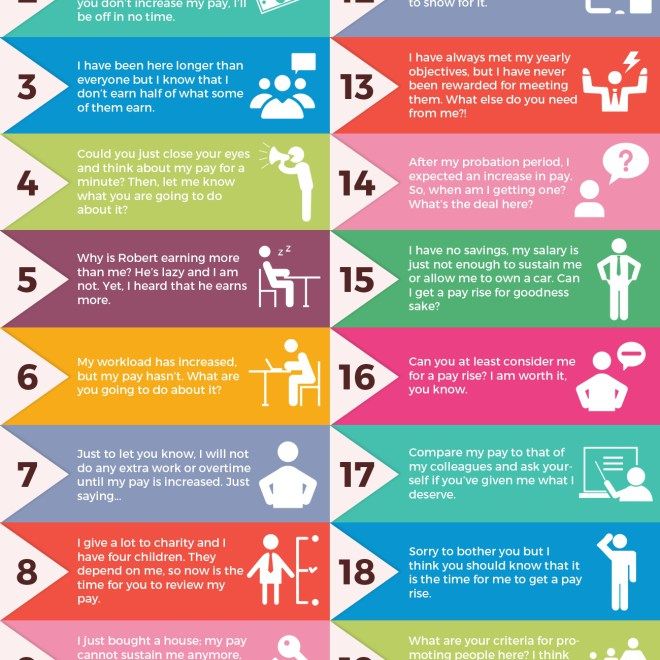
Tip 2: Reach out to others
Connecting with friends and family when you’re going through tough times can help ease stress, boost your mood, and make sense of all the change and disruption. Instead of feeling like you’re facing your problems alone, you can draw strength and build resilience from having others to lean on.
The people you reach out to don’t need to have answers to the problems you’re facing; they just need to be willing to listen to you without judging. In fact, what you talk about or the words used are often unimportant. It’s the human connection—eye contact, a smile, or a hug—that can make all the difference to how you’re feeling.
Prioritize relationships. Nothing carries the same health benefits as connecting face-to-face with someone who is caring and empathetic. These days, however, it’s not always possible to see friends and loved ones in person. If you’re kept apart by geography, lockdown, or travel restrictions, for example, reach out to others via phone, video chat, or social media.
Don’t withdraw in tough times. You may be inclined to retreat into your shell when you’re facing challenges in your life. You may fear being a burden to friends and loved ones or feel too exhausted to reach out. But try to keep up with social activities even when you don’t feel like it. Good friends won’t consider you a burden—they’re more likely to feel flattered that you trust them enough to confide in them.
Try to avoid negative people. Some friends are good listeners, kind and empathetic. Others seem to only fuel negative emotions, leaving you feeling even more stressed, anxious, or panicky. Try to avoid anyone who magnifies your problems, criticizes, or makes you feel judged.
Expand your social network. Even though relationships are vital for good mental health, building resilience, and getting through tough times, many of us feel that we don’t have anyone to turn to in times of need. But there are plenty of ways to build new friendships and improve your support network. If you know others who are lonely or isolated, be the one to take the initiative and reach out.
If you know others who are lonely or isolated, be the one to take the initiative and reach out.
Tip 3: Invest in self-care
Living through tough times can be both mentally and physically draining. Constantly being in a heightened state of stress can lead to serious health problems, impact your immune and digestive systems, increase your risk of heart attack and stroke, and lead to burnout, a state of emotional, physical, and mental exhaustion.
Since the body and mind are so closely linked, investing in self-care is an important part of building resilience and getting through times of great stress. When your body feels strong and healthy so, too, will your mind.
Get enough exercise. When you’re dealing with chronic stress, you likely carry it somewhere in your body. Maybe your muscles are tense, you have back or neck pain, frequent headaches, insomnia, heartburn, or an upset stomach? Getting regular exercise not only releases powerful endorphins in the brain to improve your mood, but it can also help to ease tension in the body and counteract the physical symptoms of stress.
Practice a “mind and body” relaxation technique. Practices such as yoga, tai chi, and meditation blend deep breathing and body awareness to help you relieve stress and bring your nervous system back into balance. Try one of HelpGuide’s audio meditations to boost your physical and emotional well-being.
[Listen: Inner Strength Meditation]
Improve your sleep. When you’re facing adversity, nothing wears down your resilience like missing out on a good night’s sleep. Often, improving your daytime habits and taking the time to relax and unwind before bed can help you sleep better at night.
Eat well. There are no specific foods that can help build resilience and weather tough times. Rather, it’s your overall dietary pattern that’s important. Eating lots of processed and takeout food can take a toll on your brain and mood, sapping your energy, and weakening your immune system. A healthy diet, on the other hand—one that’s low in sugar and rich in healthy fats—can give you the energy and focus to tackle the challenges you’re facing.
Manage your overall stress levels. Taking steps to manage your overall stress can break the hold it has over your life, improve your mood, and help you build the resilience you need to hold up under pressure at this time.
Tip 4: Look for meaning and purpose
It’s easy to get overwhelmed by frightening headlines or consumed by the crisis you’re facing. But whatever your circumstances, it doesn’t have to define you as a person. You are not your crisis. By pursuing activities that bring purpose and meaning to your life, you can keep your problems in perspective, prevent them from overwhelming you, and maintain your identity.
Everyone is different so we all have different ways of experiencing purpose and meaning. Don’t limit yourself by others’ expectations; pursue activities that are important to you and add satisfaction to your life.
Give help to others. When you’re in the midst of a crisis, it’s common to feel powerless and helpless. By proactively helping others, you can regain a sense of control as well as find purpose in your life. In fact, giving support can be just as beneficial as receiving support. Try volunteering, helping others in your neighborhood, giving blood, donating to a charity, or marching for a cause that’s important to you.
By proactively helping others, you can regain a sense of control as well as find purpose in your life. In fact, giving support can be just as beneficial as receiving support. Try volunteering, helping others in your neighborhood, giving blood, donating to a charity, or marching for a cause that’s important to you.
Pursue your hobbies and interests. In turbulent times, it’s important not to cast aside interests that nourish your spirit. For many of us, it’s these things that define us as individuals and bring meaning to our lives. Whether it’s playing a sport, caring for a pet, an artistic or musical endeavor, home improvement projects, or spending time in nature, continuing to draw pleasure from your pastimes adds to your ability to cope with the stress of difficult times.
Tip 5: Stay motivated
An important part of coping with adversity and making it through tough times is to foster qualities of persistence and endurance. Tough times don’t last forever, but by their very nature they’re rarely over quickly. As you plot a road through the darkness, you need to find ways to stay motivated and persevere.
As you plot a road through the darkness, you need to find ways to stay motivated and persevere.
Deal with your problems one step at a time. If a problem is too big to deal with all at once, try breaking it down into smaller, more manageable steps. If your problem seems to have no possible solution, you can still take action by drawing up a list, researching more about the subject, or seeking the advice of a trusted friend or loved one.
Celebrate small wins. To stay motivated and positive as you navigate stormy seas in life, take a moment to savor your small successes. If you’re looking for work, for example, getting an interview isn’t as meaningful as landing a job, but it’s a sign of progress, a step in the right direction. Noting these small wins can give you a welcome break from all the stress and negativity you’re facing and encourage you to keep going.
[Read: Finding Joy During Difficult Times]
Try to maintain a hopeful outlook. While it’s difficult to stay positive and hopeful in the midst of a crisis, many of us tend to blow our problems out of proportion and make them seem even more negative than they really are. Try taking a step back and examining your situation as an outsider. Are their rays of hope that you can focus on? Instead of worrying about what you fear may happen, try visualizing what you’d like to happen instead.
While it’s difficult to stay positive and hopeful in the midst of a crisis, many of us tend to blow our problems out of proportion and make them seem even more negative than they really are. Try taking a step back and examining your situation as an outsider. Are their rays of hope that you can focus on? Instead of worrying about what you fear may happen, try visualizing what you’d like to happen instead.
Express gratitude. It may sound trite, but even when you’re experience terrible times, it’s usually possible to find one thing you can be grateful about—the love of a pet, for example, a beautiful sunset, or a caring friend. Taking a moment to acknowledge your gratitude for such small things can provide respite from the stress and really boost your mood.
Be kind to yourself. Everyone adjusts to change and upheaval differently. Don’t criticize your coping skills or beat yourself up for every mistake you make. Self-compassion is an important part of building resilience, so go easy on yourself.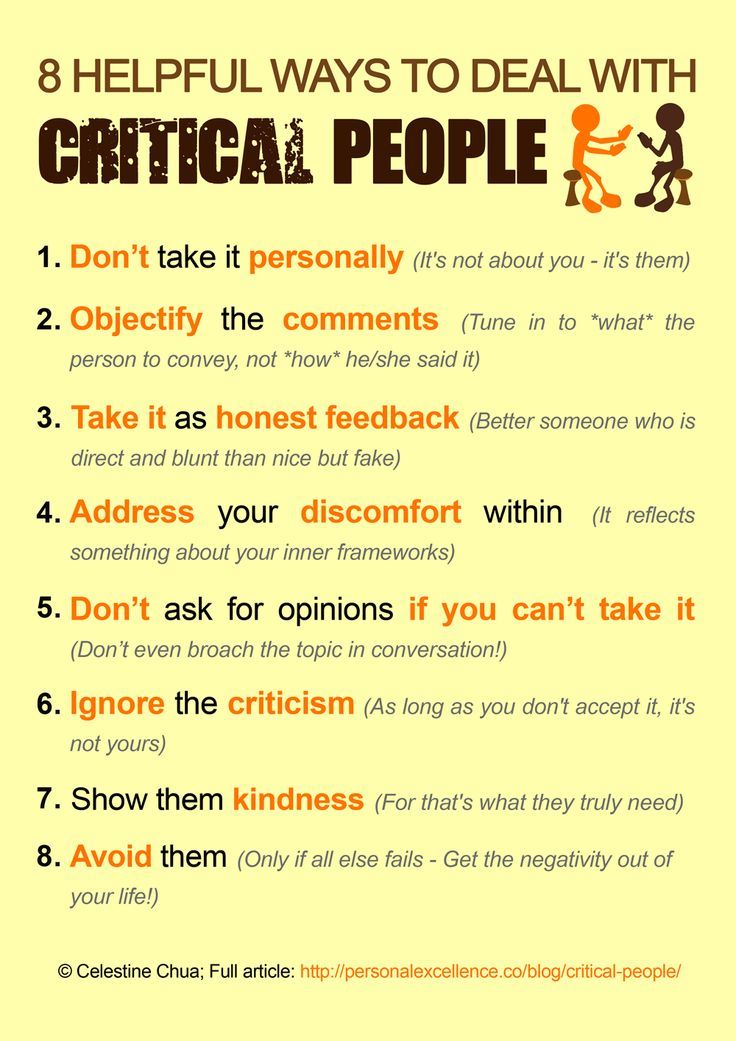
Authors: Lawrence Robinson and Melinda Smith, M.A.
- References
Trauma- and Stressor-Related Disorders. (2013). In Diagnostic and Statistical Manual of Mental Disorders. American Psychiatric Association. https://doi.org/10.1176/appi.books.9780890425787.x07_Trauma_and_Stressor_Related_Disorders
Norris, F. H. “Epidemiology of Trauma: Frequency and Impact of Different Potentially Traumatic Events on Different Demographic Groups.” Journal of Consulting and Clinical Psychology 60, no. 3 (June 1992): 409–18. https://doi.org/10.1037//0022-006x.60.3.409
Macedo, Tania, Livia Wilheim, Raquel Gonçalves, Evandro Silva Freire Coutinho, Liliane Vilete, Ivan Figueira, and Paula Ventura.
 “Building Resilience for Future Adversity: A Systematic Review of Interventions in Non-Clinical Samples of Adults.” BMC Psychiatry 14, no. 1 (August 14, 2014): 227. https://doi.org/10.1186/s12888-014-0227-6
“Building Resilience for Future Adversity: A Systematic Review of Interventions in Non-Clinical Samples of Adults.” BMC Psychiatry 14, no. 1 (August 14, 2014): 227. https://doi.org/10.1186/s12888-014-0227-6Joyce, Sadhbh, Fiona Shand, Joseph Tighe, Steven J Laurent, Richard A Bryant, and Samuel B Harvey. “Road to Resilience: A Systematic Review and Meta-Analysis of Resilience Training Programmes and Interventions.” BMJ Open 8, no. 6 (June 14, 2018): e017858. https://doi.org/10.1136/bmjopen-2017-017858
Lee, Tak Yan, Chau Kiu Cheung, and Wai Man Kwong. “Resilience as a Positive Youth Development Construct: A Conceptual Review.” The Scientific World Journal 2012 (May 2, 2012): 390450. https://doi.org/10.1100/2012/390450
Forbes, Sarah, and Deniz Fikretoglu. “Building Resilience: The Conceptual Basis and Research Evidence for Resilience Training Programs.” Review of General Psychology 22, no. 4 (December 1, 2018): 452–68. https://doi.org/10.
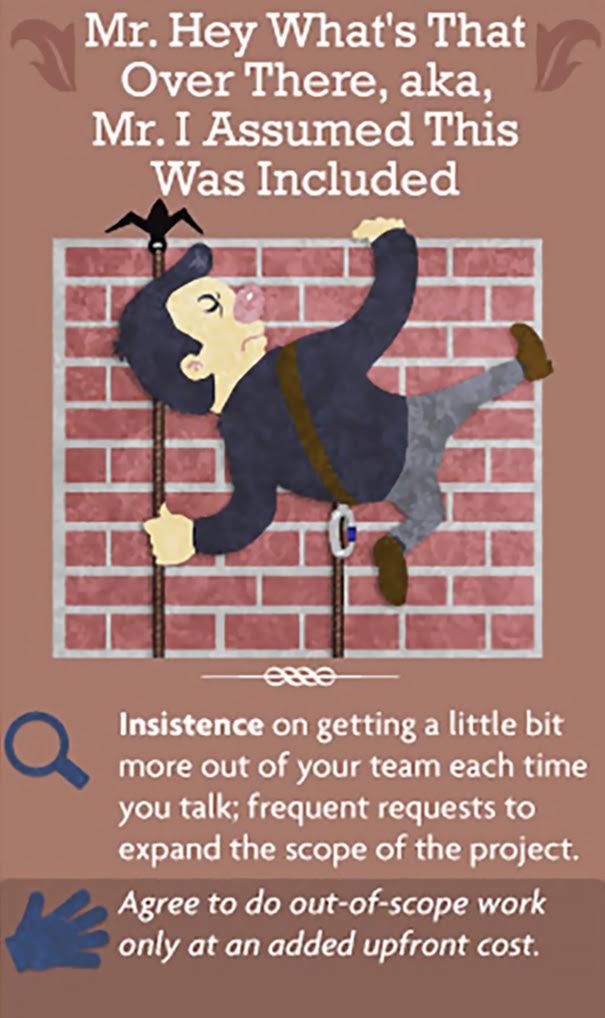 1037/gpr0000152
1037/gpr0000152Shatté, Andrew, Adam Perlman, Brad Smith, and Wendy D. Lynch. “The Positive Effect of Resilience on Stress and Business Outcomes in Difficult Work Environments.” Journal of Occupational and Environmental Medicine 59, no. 2 (February 2017): 135–40. https://doi.org/10.1097/JOM.0000000000000914
Hoegl, Martin, and Silja Hartmann. “Bouncing Back, If Not beyond: Challenges for Research on Resilience.” Asian Business & Management 20, no. 4 (September 1, 2021): 456–64. https://doi.org/10.1057/s41291-020-00133-z
Silver, Kristin E., Meera Kumari, Danette Conklin, and Gunnur Karakurt. “Trauma and Health Symptoms in a Community Sample: Examining the Influences of Gender and Daily Stress.” The American Journal of Family Therapy 46, no. 2 (2018): 153–67. https://doi.org/10.1080/01926187.2018.1461031
Sansbury, Brittany S, Kelly Graves, and Wendy Scott. “Managing Traumatic Stress Responses among Clinicians: Individual and Organizational Tools for Self-Care.
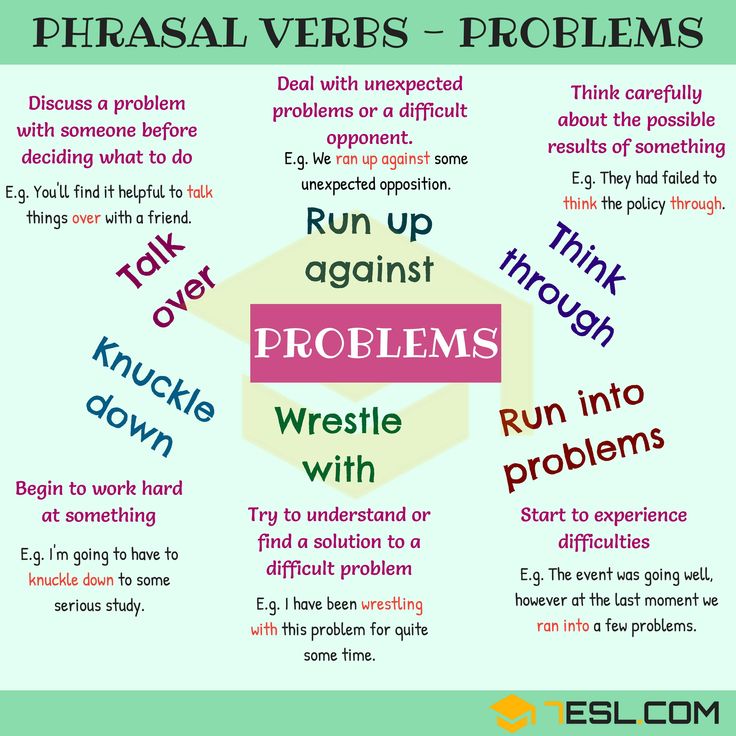 ” Trauma 17, no. 2 (April 1, 2015): 114–22. https://doi.org/10.1177/1460408614551978
” Trauma 17, no. 2 (April 1, 2015): 114–22. https://doi.org/10.1177/1460408614551978Bower, Gordon H., and Heidi Sivers. “Cognitive Impact of Traumatic Events.” Development and Psychopathology 10, no. 4 (December 1998): 625–53. https://doi.org/10.1017/S0954579498001795
Ley, Clemens, María Rato Barrio, and Andreas Koch. “‘In the Sport I Am Here’: Therapeutic Processes and Health Effects of Sport and Exercise on PTSD.” Qualitative Health Research 28, no. 3 (February 1, 2018): 491–507. https://doi.org/10.1177/1049732317744533
Hegberg, Nicole J., Jasmeet P. Hayes, and Scott M. Hayes. “Exercise Intervention in PTSD: A Narrative Review and Rationale for Implementation.” Frontiers in Psychiatry 10 (2019): 133. https://doi.org/10.3389/fpsyt.2019.00133
Building your resilience – A roadmap for adapting to life-changing situations. (American Psychological Association)
Tolerating Distress – Tools to help you face your feelings during difficult times. (Centre for Clinical Interventions)
(Centre for Clinical Interventions)
Five Science-Backed Strategies to Build Resilience – Ways to build resilience and confront emotional pain. (Greater Good Magazine, UC Berkeley)
Last updated: January 9, 2023
Deal Better with Hard Times
Deal Better with Hard Times
HOW COPING TOOLS HELP
At some point in our lives, most of us will face times that are extra stressful or that even shake us to our core. At those times, having strong coping strategies can make a huge difference.
Of course, exercising, focusing on your spiritual life and getting enough rest—and all the other Live Your Life Well tools—can be great supports in difficult situations. Other techniques can be particularly useful in dealing with tough times.
The research shows that:
- People who spent time writing about a difficult event had better health and less depression. Writers' grades even improved, and they found jobs more quickly
- People facing stress felt less depressed after problem-solving
- People who often focus on the positives in their lives are less upset by difficult memories
WAYS TO DEAL BETTER
Write It Out
Did you ever write a nasty e-mail when you felt angry but then deleted it? Chances are you still felt better though you didn't send it.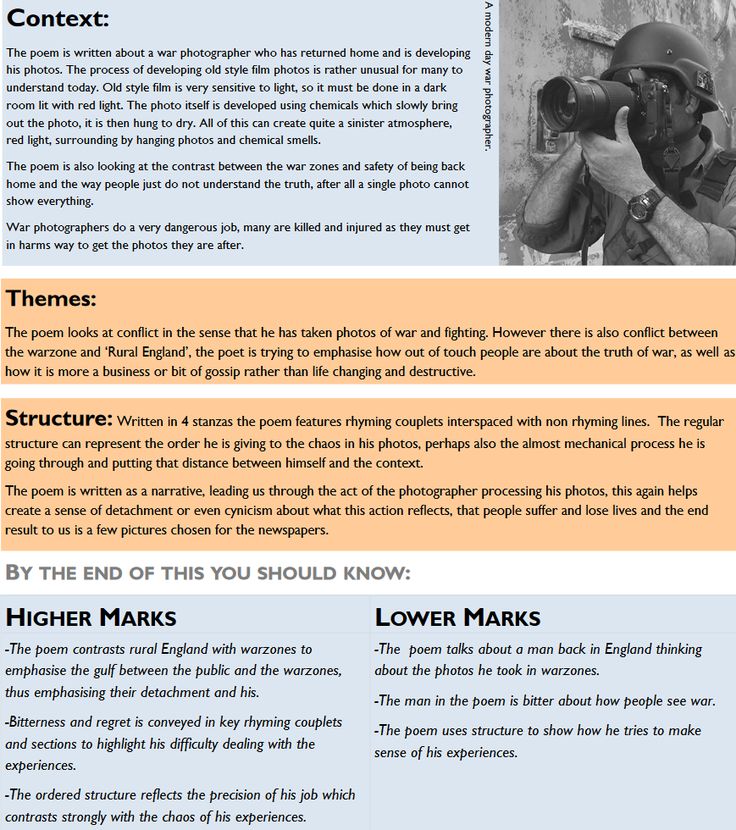
If you've suffered an upsetting event, writing about it can actually make you feel better. That's in part because writing organizes your thoughts, which makes the experience feels less chaotic. Writing also can offer you an emotional release, insight into yourself and the feeling that you can file the problem away.
Some thoughts to get started writing:
- Set aside 15 minutes a day for a few days to write about the event and how it made you feel
- Don't worry about grammar or artistry. This is just for you.
- Stick with it. At first writing about an upsetting experience may be painful, but over time it can help you get past the upset. Keep in mind, though, that if yours is an especially disturbing event, like rape or domestic violence, you might want to do this work with a therapist.
Tackle Your Problems
If you're dealing with a stressful situation, don't stew in self-pity or waste energy pointing blame at someone else.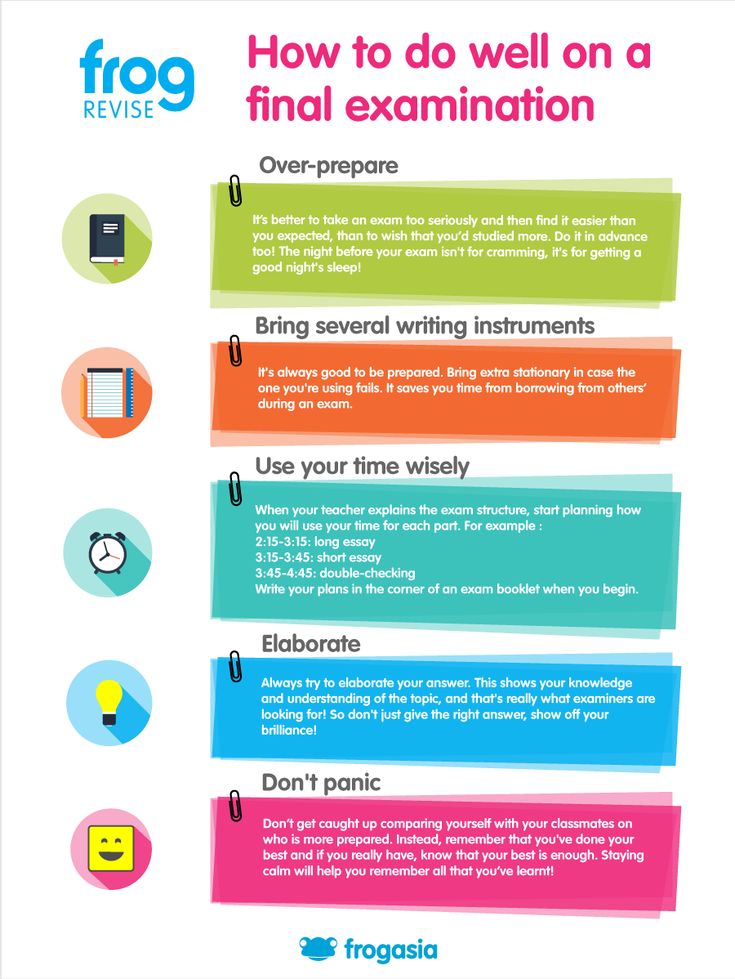 That just makes you feel less powerful. Instead, it makes sense to:
That just makes you feel less powerful. Instead, it makes sense to:
- Write down the problems involved. On paper they may seem more manageable than swirling in your head.
- List as many solutions as possible. For now, silence your internal judge. You can reject options later.
- Assess your list. Try asking yourself how you'd like this situation to end. Which options likely will get you there? You also can weigh pros and cons.
- Accept reasonably good solutions. Research suggests that searching for a perfect option breeds disappointment.
- Once you pick some solutions, break them into reasonable chunks and make a concrete plan. You might set yourself some specific deadlines too.
- Don't get discouraged if the first solution you try doesn't pan out. Try another one on your list.
You can read more problem-solving tips and find a worksheet to get you organized: http://www.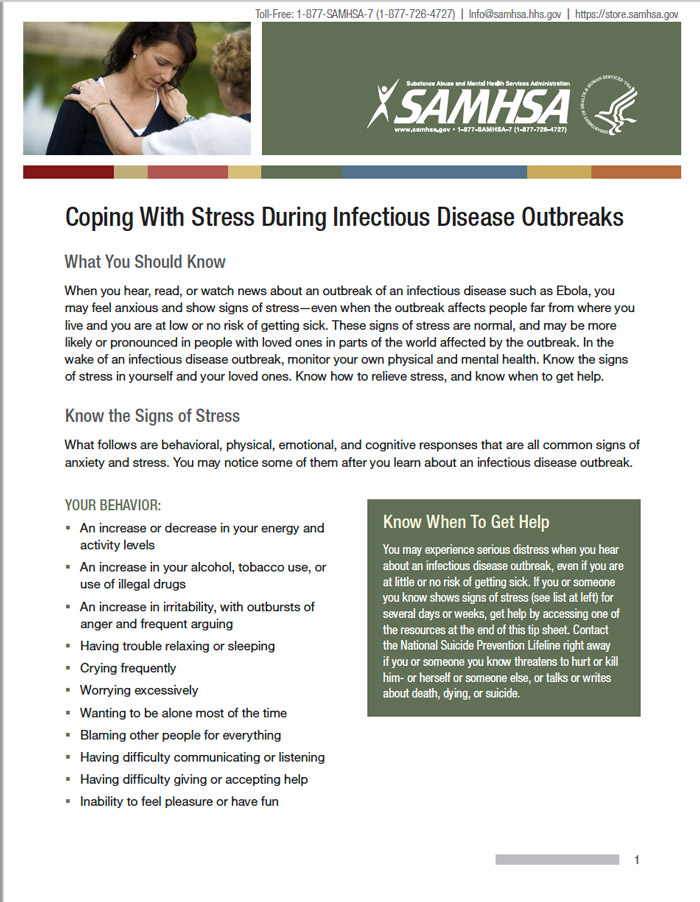 heretohelp.bc.ca/skills/module4.
heretohelp.bc.ca/skills/module4.
Shift Your Thinking
How you think about a problem affects both how much it upsets you and how well you tackle it. I possible, it pays to shift your mind away from negative thoughts or excessive worries. Try these suggestions:
- Ask yourself how realistic your worry is. Our imaginations can take us into situations that may never develop.
- Set aside "worry" time each day. Then whenever a negative thought intrudes, tell yourself to wait until the set time. You may feel better by then.
- Focus on the good aspects of your life.
- Look at tough times as an opportunity to learn, grow or improve your situation. Maybe you've seen how supportive your friends are or learned how strong you can be in a tough time.
Get Support
Sometimes some basic help can make a big difference.
- Ask someone to give you a hand with any pressing tasks if you're overextended.
 You can reciprocate at a quieter time.
You can reciprocate at a quieter time. - Don't be afraid to ask for advice. No one knows everything.
- Get emotional support. Crying, sharing your frustrations or otherwise venting can release tension, relieve stress and help you move on. Consider getting professional help if you need it.
Reviewed by Sonja Lyubomirsky, PhD, a University of California, Riverside psychology professor and author of The How of Happiness: A New Approach to Getting the Life You Want (Penguin Press).
15 simple rules to help you get through difficult times
March 10, 2022 Likbez Life
If there are thunderclouds on your horizon, it's time to open the psychological "umbrella".
Life is a white streak, a black streak, and hard times come to everyone sooner or later. If now it's your turn to overcome the obstacle course and bend under the pressure of circumstances, use simple psychological rules that will make passing the life test of strength much easier and more fun. nine0003
nine0003
1. Keep a positive attitude
Life gives us exactly what we focus on at the moment. Pregnant women look around and are amazed at how many of their equally pregnant associates have divorced. Those dreaming of a particular brand of car are starting to see these cars on the streets day after day.
In fact, of course, there are no more pregnant women or cars anymore. It’s just that our brain, focused on its own, filters the surrounding reality and lights a signal lamp: “Here, look, urgently pay attention!” - when he sees an object corresponding to the topic of his thoughts. Psychologists call this the Baader-Meinhof phenomenon. nine0003
Output is simple. The more bad you expect, the more you will get.
It will climb literally from all cracks, driving you deeper and deeper into depression. And vice versa: thinking about the good, believing in the best, you change the settings of your own brain - and it is the good that is in the focus of your attention. Let an optimistic attitude not solve all your problems, but the world around you will become much brighter.
Let an optimistic attitude not solve all your problems, but the world around you will become much brighter.
2. Make lemonade out of lemons
Sounds like a broken record, but it often works. Yes, there are situations in which we really cannot change anything. However, there are others when it is enough to take a step back or to the side in order to look at the problem with a fresh look, connect a little creativity - and voila, an elegant and profitable solution will be found. And not at all where you initially expected. A classic example of this approach is the story of William Wrigley, the man and the chewing gum. nine0003
In the 1990s, the company he created unsuccessfully tried to enter the market selling household items - soap and baking powder. Things were going so-so, and in order to at least somehow stand out from the competition, Wrigley came up with the idea of attaching a penny piece of chewing gum to each pack of baking powder.
Alas, the company continued to work at zero, or even at a loss, clouds were gathering over the business, and Wrigley was already ready to accept the fact that he would not make a businessman. However, at some point, an unfortunate entrepreneur noticed that people sometimes buy baking powder for future use only in order to get a package of chewing gum along with it. Archimedes would have exclaimed in his place: "Eureka!" nine0003
However, at some point, an unfortunate entrepreneur noticed that people sometimes buy baking powder for future use only in order to get a package of chewing gum along with it. Archimedes would have exclaimed in his place: "Eureka!" nine0003
Wrigley limited himself to completely reorienting the business to the production and sale of chewing gum, which before him was not considered to be any promising product. The result of this creativity and the success that followed it is chewed by the whole world (literally) to this day.
3. Learn From Your Mistakes
What exactly got you into a stalemate? Analyzing all the circumstances can be painful, but extremely rewarding. Break down the events that preceded the worsening of things: what went wrong, where you made a mistake, what could have happened if you had acted differently ... As a result, you will get a fairly clear idea of how you could have avoided the onset of a black streak . Going through difficult times is much easier if you know that the chances of them repeating tend to zero.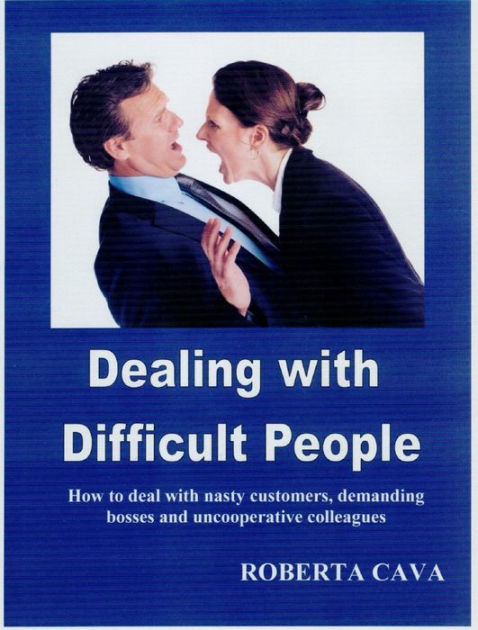 nine0003
nine0003
4. Change what you can change
After identifying the mistakes and miscalculations that led you to a difficult situation, try to correct them. If something cannot be corrected right now, just pay attention to this circumstance to correct it as soon as the opportunity presents itself.
5. Be grateful
And to life - for the experience provided to you, and to those people who surround you. Think about this or that close person: what he brings into your life, what he teaches, what he lends his shoulder to, how you would live without his support. nine0003
Write a short (or long, depending on your mood) letter explaining why you are so grateful to have this person in life. Then call him or her and read your creation. The difficulties that you are experiencing at a particular moment will begin to seem less significant when compared with the real values \u200b\u200bthat you have in your life.
6. Focus on what you can control
You may have made many unsuccessful attempts to correct the situation.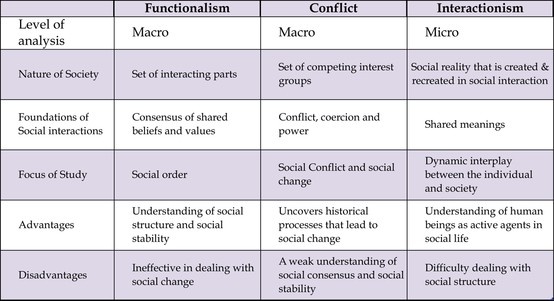 So much so that you give up and you no longer believe that you can change anything. nine0003
So much so that you give up and you no longer believe that you can change anything. nine0003
Looking for what is still within your power and focusing your attention on it is one of the most effective ways to deal with learned helplessness (that is the name of the state you are currently experiencing).
Yes, you can't improve your business globally, but can you brush your teeth? Go and clean. Can you start running in the morning? Run.
The more things in your life that you can control and manage, the faster your self-confidence will return. And along with it - the will to overcome difficulties. nine0003
7. Praise yourself for the past and experienced
Sometimes we are so focused on the present moment that we do not look back. The darkness around seems hopeless. However, it is important to look back sometimes to appreciate how far you have come, how you have changed, what you have gained and what you have left behind. When you see what exactly you have already managed to overcome, the light at the end of the tunnel will become much brighter.
8. Surround yourself with people who understand you
Surrounding yourself with people who are close to you is one of the most important things you can do when you find yourself in a difficult situation. You need their love so that you have something to compare with what is happening around you. You need to take care of them in order to feel significant. You need their honesty to hear the truth and advice from those you truly trust. It is important for you to understand and accept you as you are, so as not to lose faith in yourself. nine0003
If for some reason you don't have these people around you, find a community whose members have gone through or are going through what you are going through now. From them you will receive both the necessary support and experience that will allow you to overcome difficulties.
9. Learn to forgive and let go
It happens that difficult times have a specific culprit. “If not for him, everything would have gone according to plan!” - you think and exhaust yourself with hatred for this person.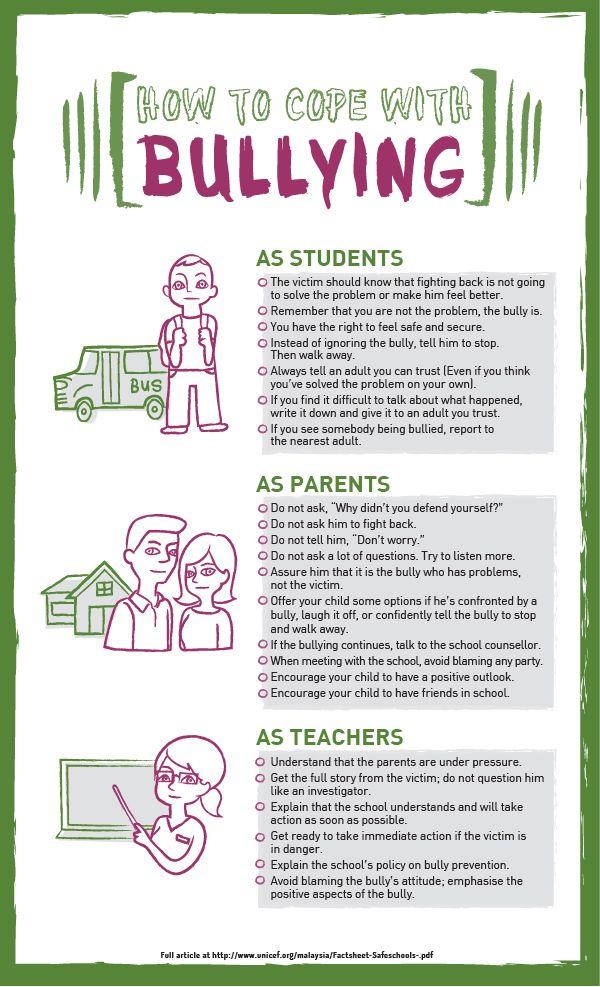 This reaction is natural but destructive: you focus on negative experiences instead of looking for ways out. nine0003
This reaction is natural but destructive: you focus on negative experiences instead of looking for ways out. nine0003
Yes, let the person really be to blame, but... You won't be angry at the rain, because of which you get soaked to the skin? Or seek revenge on the gust of wind that broke your umbrella? No, you will do your best to get home as soon as possible and make yourself hot tea, and then fix your umbrella or buy a new one. So here. The culprit is the “element”, which is important to leave behind as soon as possible, focusing on more significant things.
10. Don't blame yourself
Let's say it again: everyone has hard times. It's not you who are bad or improvident, it's just a black streak that is an integral part of life. Every life. Of course, different people have difficulties in their own way. You got this option. Take it as a test that is important to pass with honor, and not as proof of how bad you are. nine0003
Not even your worst enemy can harm you like your own unrestrained thoughts.
Buddha
11. Enjoy the simple things
One of the hardest things that hard times bring us is the loss of comfort. When you are doing well, you can find joy in dining at popular restaurants, traveling, hiring a housekeeper to make life easier, buying expensive things. When things start to go downhill, there's a lot to give up, and that's sad. nine0003
Meanwhile, to enjoy life, sometimes very simple things are enough. Instead of dining at a restaurant, find some interesting recipe and cook an original (albeit inexpensive) meal with your loved ones. Instead of traveling around Europe, get into the habit of cycling and exploring on Saturdays. Minimalism is in fashion these days. Experience it for yourself now. When else will there be such a chance, right?
12. Review your values and priorities
Failure gives you a chance to revise your values in life, which you didn't even think about on well-fed and calm days. Look inside yourself, look around: what is really important to you? To what extent do your dreams, hopes, aspirations correspond to what is truly significant for you? What can you give up without much worries? Losing what will break your heart? Reprioritization is often the decisive step to overcome a losing streak. nine0003
nine0003
13. Cultivate patience in yourself
In childhood and youth, we sometimes think that we can get everything at once. And only with age comes the understanding that we cannot control time. No matter how strong our time management skills are, there are things for which "the hour has not yet come." A flower won't bloom in February, a baby won't be born right after a kiss, a big secure house won't be built in a day. If you want something of value, you'll have to wait. It is important to understand and accept this. nine0003
You can have everything. Just not all at once.
Oprah Winfrey
14. Remember: You always have a choice
Although many things in the world are beyond our control, we can still choose. The choice is how we look at these things, how we react to them, what actions we take, how we let circumstances define who we are. Who are you here and now? Choose. Your turn.
15. Take care of yourself
This point is omitted by many, either entangled in self-accusations, or working up to the tenth sweat, or simply postponing until better times. Meanwhile, in order to survive in difficult hours, you need to take care of yourself. What if tomorrow you are incapacitated by overwork or clinical depression? So please yourself no matter what. nine0003
Meanwhile, in order to survive in difficult hours, you need to take care of yourself. What if tomorrow you are incapacitated by overwork or clinical depression? So please yourself no matter what. nine0003
Coffee in a cozy café. A walk in the park. New book. Buying beautiful clothes or accessories - let it be a mere trifle, but it will give you a piece of joy! Let yourself sleep, eventually. We are for ourselves the most important and most effective support in difficult times. You can't lose her.
Read also 🧐
- How to stop being afraid of obstacles and problems? nine0112
- 4 tips to help you overcome any difficulties in life
- How to develop psychological resilience
15 celebrity quotes on how to get through hard times
. 15 quotes that will help you not fall into despairUpdated on September 23, 2022, 14:30
Pexels
In times of stress and anxiety, it does not hurt to remind yourself (or ask someone to remind you) that there are no events that would not have happened before . Many generations have overcome the difficulties that arise now and will arise again, in other epochs and under other circumstances. However, the experience of the past - private, individual, expressed in the statements of people who left their mark on world culture and science - will certainly help to find support and calm down. We have collected such statements from writers, scientists and political and cultural figures. nine0003
Many generations have overcome the difficulties that arise now and will arise again, in other epochs and under other circumstances. However, the experience of the past - private, individual, expressed in the statements of people who left their mark on world culture and science - will certainly help to find support and calm down. We have collected such statements from writers, scientists and political and cultural figures. nine0003
1
“Disrespect provokes disrespect. Violence causes violence. When the strong offend the weak, everyone loses. Respect others even if they disagree with you. Always remember compassion.”
Meryl Stripaktrisa
2
“There is a cheap notion of nihilism as simply breaking the rules, but my father thought differently. In his opinion, family is the most important thing. Having experienced firsthand how the world around him is collapsing, he retained the core values or the belief that "a person must be special. " Family and friends were the values he tried to defend to the best of his ability.”
" Family and friends were the values he tried to defend to the best of his ability.”
Hayao Miyazakianimation director - about a father who survived the Great Kanto Earthquake in 1923, becoming a nihilist
3
“I have noticed throughout my life that crises are my favorite time. It's more of a desperation for me. And I love to dive into it. It's so nutritious. Probably strange, but I try to fully surrender to this feeling. It's not all about keeping yourself, eating and enjoying. Desperation stimulates to something new. Gives thoughts, emotions, makes you move on”
Renata Litvinovaproducer, director
4
“All stress is a tool. With it, a person can understand that you need to appreciate everything that already exists. Every individual has the potential to overcome even the most difficult situations in life.”
Keanu Reevzakter
5
“In really catastrophic situations, melancholics behave much more rationally and calmly than people who are not prone to depression.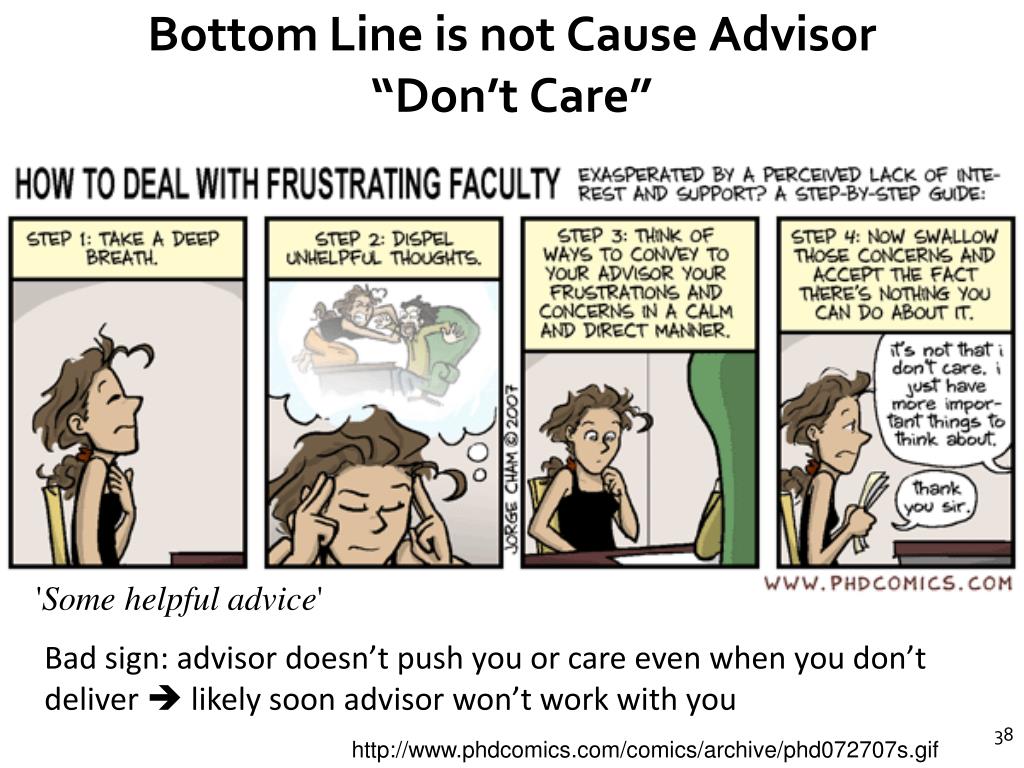 Just because all this is familiar to them, they live like this every day. The end of the world is primarily a state of consciousness. For example, I have been experiencing a feeling of anxiety and incomprehensible anxiety for five years.0003
Just because all this is familiar to them, they live like this every day. The end of the world is primarily a state of consciousness. For example, I have been experiencing a feeling of anxiety and incomprehensible anxiety for five years.0003
Lars von Trierdirector
6
"Any stress that is strong enough, positive or negative, is equally capable of crippling our minds and giving us ideas and abilities that we cannot acquire in any other way"
Chuck Palahniuk Writer, author of "Fight Club"
7
“Knowing that you have become wiser and stronger after failure means that you have protected your ability to survive. You will never truly know yourself or the strength of your relationship until you test both with adversity. Such knowledge is a true gift, because it is a victory gained through pain, and it is worth more than any qualification I have ever received.
JK Rowling writer
8
"The word "crisis", written in Chinese, consists of two characters: one means "danger", the other - "opportunity"
John F.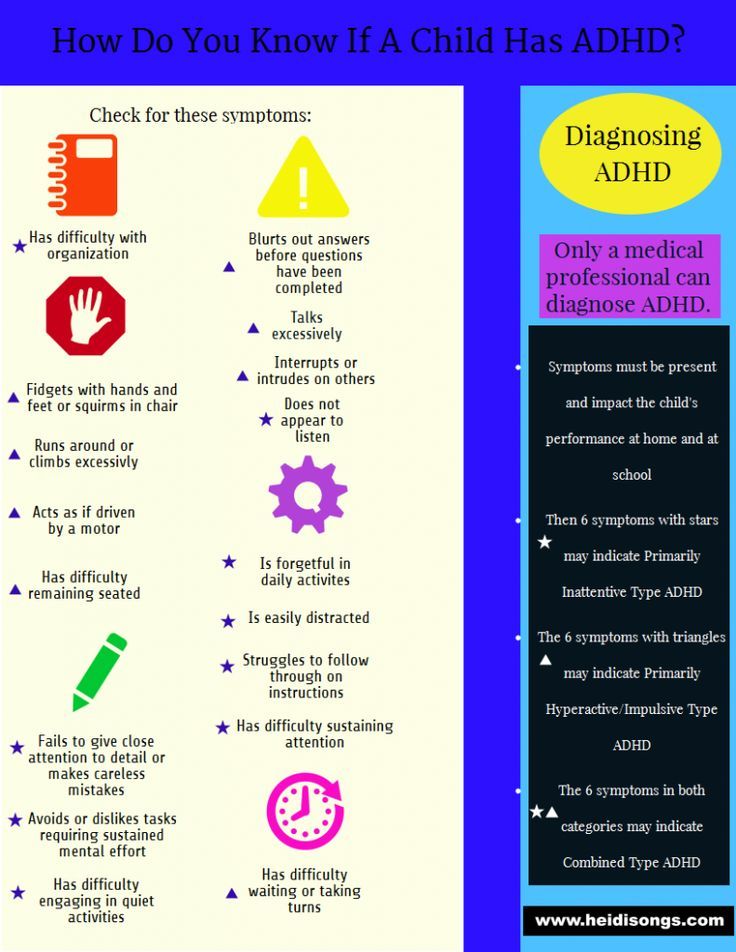 Kennedy, 35th President of the United States
Kennedy, 35th President of the United States
9
“The crisis can be a real blessing for any person, for any nation. For all crises bring progress”
Albert Einstein theoretical physicist, Nobel laureate
10
“Our posturing, our imagined importance, the illusion of our privileged position in the universe, succumb to this point of pale light. Our planet is a lonely grain in the vast surrounding cosmic darkness. In our obscurity, in all this infinity, there is no hint that help will come from somewhere outside to save us from ourselves.0003
Karl Saganastrophysicist
11
"When I'm having a hard time, I always remind myself that if I give up, it won't get better"
Mike Tysonsportsman
12
“To perceive difficulties, failures and sorrows in life as a challenge, accepting and parrying which we become stronger, and not as an unjust punishment that we do not deserve, requires faith and courage”
Erich Fromms sociologist, philosopher, psychoanalyst
13
"There is a Scandinavian saying that many of us should have made a lifelong motto: 'The north wind made the Vikings.